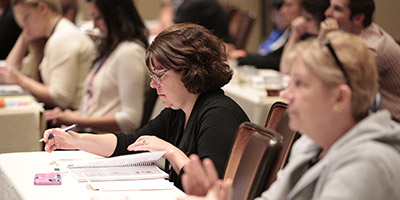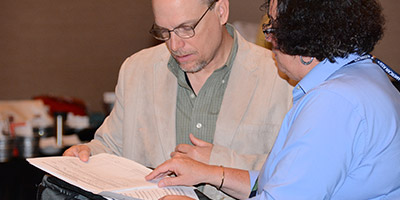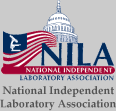Learn more about preparing for and challenging the ABB examination
The American Board of Bioanalysis only recognizes examinations administered by the American Board of Bioanalysis (ABB). ABB’s examinations are comprehensive, cover general laboratory knowledge, and a minimum of one (1) of the following clinical laboratory disciplines and specialties:
- Andrology
- Chemistry
- Diagnostic Immunology
- Embryology
- Hematology
- Microbiology
- Molecular Diagnostics
- Public Health Microbiology
BCLD applicants must pass ABB examinations covering general laboratory knowledge plus a minimum of three (3) of the five (5) following clinical laboratory disciplines:
- Chemistry;
- Diagnostic Immunology;
- Hematology;
- Microbiology;
- Molecular Diagnostics
HCLD applicants must pass an ABB examination covering general laboratory knowledge plus an ABB examination in a minimum of one (1) of the eight (8) clinical laboratory disciplines listed above.
PHLD applicants must pass ABB examinations covering general laboratory knowledge AND public health microbiology.
TS applicants must pass an ABB examination in the discipline(s) for which TS certification is sought. TS applicants do not take the General Knowledge examination that is required for director applicants.
ABB examinations are typically offered twice a year, in the spring and fall.
ELD applicants must pass ABB’s examination covering general knowledge plus ABB’s examination in the discipline of embryology.










